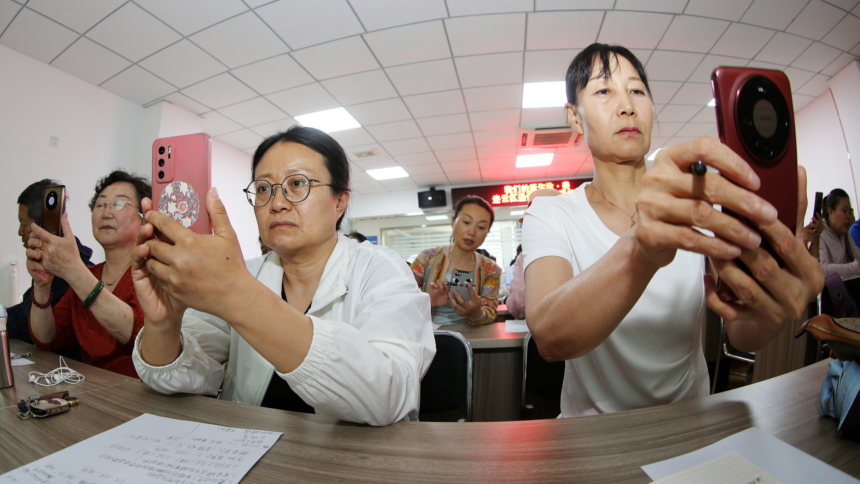China’s Minister of Human Resources and Social Security, Wang Xiaoping, highlighted the need to adjust the statutory retirement age to accommodate the increasingly diverse needs of the country’s workforce. Speaking at a press conference following the top legislature’s decision to gradually raise the retirement age, Wang explained that the shift is essential for promoting the development and utilization of human resources, especially as the nation experiences significant economic, social, and demographic transformations.
China’s average life expectancy has increased from around 40 years at the founding of the People’s Republic to 78.6 years today. Meanwhile, the average years of education for new labor market entrants have risen from 8 to 14 years, delaying their entry into the workforce. Wang emphasized that the rising statutory retirement age will help harness human resource potential and address labor shortages, as the working-age population has been declining since 2012.
In 2023, China’s population aged 60 and above reached 297 million, accounting for 21.1% of the total population, while those aged 65 and above surpassed 217 million, or 15.4%. Wang noted that raising the retirement age will help slow the decline in the workforce, maintaining momentum for economic and social development.
The reform also aligns with workers’ diverse preferences for work-life arrangements. As living standards improve, many workers are seeking more flexibility in retirement options.
Elderly Care Services The Chinese government is committed to optimizing elderly care services, with plans to expand affordable and accessible care. Enterprises are encouraged to participate in providing these services to alleviate the burden on families, said Tang Chengpei, deputy minister of civil affairs.
Legislative Process Zhang Yong, deputy head of the Legislative Affairs Commission, outlined the legislative process leading to the decision, emphasizing the careful deliberations and comprehensive considerations involved.

